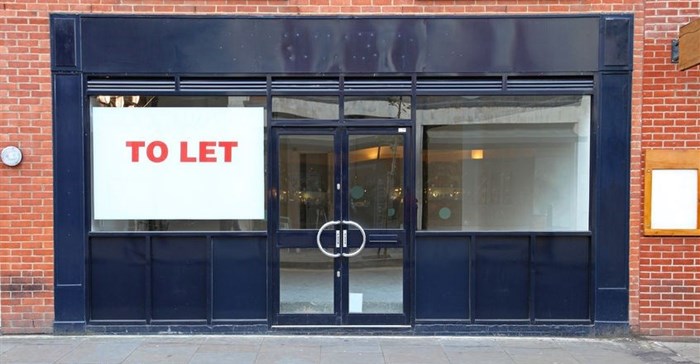
Top stories




Marketing & MediaWarner Bros. was “nice to have” but not at any price, says Netflix
Karabo Ledwaba 1 day


More news

Logistics & Transport
Maersk reroutes sailings around Africa amid Red Sea constraints

















The company had produced consistent dividend growth and remained a reliable real estate investment trust for South African investors, analysts said on Friday, 2 September.
Hyprop declared a total distribution of 619.9c per share for the full year, up 14.2% on the prior year, with the dividend for the six months to June increasing 14.9% to 322.10c per share.
CEO Pieter Prinsloo said various factors had contributed to the growth in distributable earnings including an 8.7% growth in distributions from the South African portfolio, additional income from acquisitions in Nigeria, Montenegro and Serbia, and the opening of Achimota Retail Centre in Ghana.
Demand for retail space remained strong, with vacancies in the South African portfolio dropping to 0.8% from 1.3% in June 2015.
"Vacancies in our office portfolio also improved to 4.5% from 8.3% in June 2015, due to new lettings at Lakefield Office Park and Hyde Park offices," said Prinsloo.
Hyprop expanded into Southeast Europe with the acquisition of a 60% share in two Delta City Malls during the reporting period. The acquisitions included Delta City Podgorica in Montenegro and Delta City Belgrade in Serbia, which became effective in February and April, respectively.
"These acquisitions are an attractive investment, as they complement our strategy to acquire or develop high-quality, income-producing shopping centres in emerging markets, and implementation is progressing well," Prinsloo said.
Grindrod Asset Management's chief investment officer, Ian Anderson, said Hyprop's results were consistent with market expectations.
"They're about as good as most of the sector when analysed properly. Like-for-like growth in net property income of 7.4% is only just above the sector average, which is good, but not great. The real kicker in these numbers is the reduction in the cost of debt-funding relative to the new income introduced, through acquisitions," Anderson said.
"Despite adding more than R2bn in new debt, the net interest paid by Hyprop has hardly budged," he said.
"Financial year 2016 was more about the balance sheet than the properties and the income statement, hence the growth is not sustainable into financial year 2017, although I do expect the 10% growth forecast by management includes a little more of the same."
Evan Robins, the listed property manager of Old Mutual Investment Group's MacroSolutions boutique, said Hyprop's defensive portfolio had fared well during the reporting period. "These are good results, but don't forget that Hyprop has the advantage of having the best South African portfolio in the property sector, with some leading shopping centres, so it should do well.
"Core rental growth was strong and vacancies were reduced," he said.
Source: Business Day

For more than two decades, I-Net Bridge has been one of South Africa’s preferred electronic providers of innovative solutions, data of the highest calibre, reliable platforms and excellent supporting systems. Our products include workstations, web applications and data feeds packaged with in-depth news and powerful analytical tools empowering clients to make meaningful decisions.
We pride ourselves on our wide variety of in-house skills, encompassing multiple platforms and applications. These skills enable us to not only function as a first class facility, but also design, implement and support all our client needs at a level that confirms I-Net Bridge a leader in its field.
Go to: http://www.inet.co.za